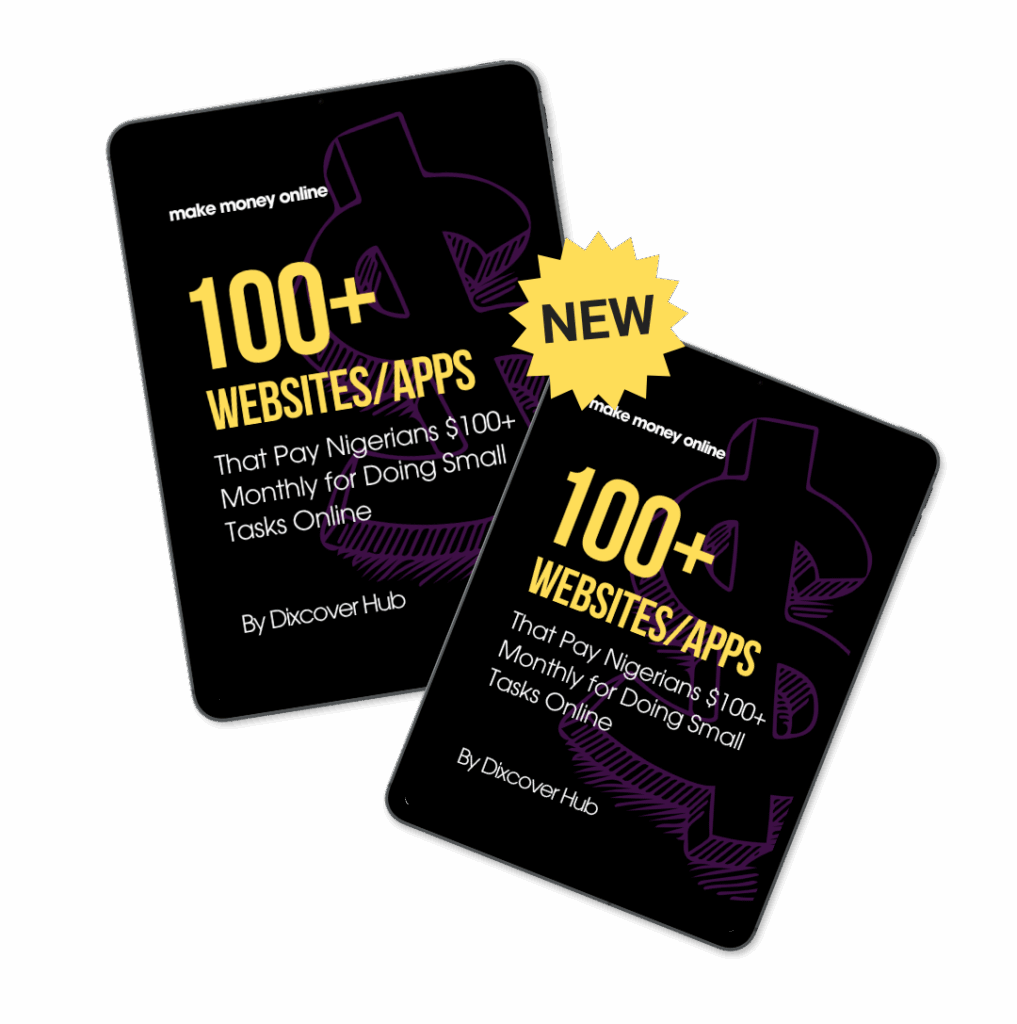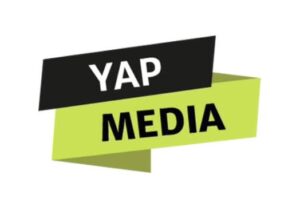WhatsApp Habit Challenges is one of the most creative and impactful ways to build a community, inspire people, and make money — all from your phone, with no capital.
It’s the simple idea of running themed challenges where people commit to building or breaking a specific habit for a fixed number of days — 7 days, 14 days, 21 days, or even 30 days — and you guide them through it on WhatsApp.
You don’t need to be a therapist, coach, or certified anything. You just need a topic that helps people improve their life — and a simple plan to walk them through the challenge daily using texts, voice notes, or video clips.
Think of it like running a gym for the mind — but on WhatsApp.
Here’s why this works perfectly on WhatsApp:
- People already use WhatsApp every day, so they’re more likely to see your reminders
- They feel more accountable when they’re in a group with others on the same journey
- It creates community, connection, and consistency — the 3 ingredients that make habits stick
- They trust the content more because it’s coming from a “real person,” not some generic app or website
And most importantly — people are TIRED of trying to stay consistent on their own. They want a guide. A motivator. A gentle push. That’s where you come in. You can run challenges like:
- 7 Days of Gratitude
- 21 Days of No Sugar
- 30-Day Wake Up Early Challenge
- 14 Days of Self-Love Habits
- 10 Days of Daily Bible Study
- 21-Day Push-up Challenge
- 7 Days of No Social Media After 9PM
- 30 Days of Writing Every Morning
- 15 Days of Affirmations and Journaling
- 21-Day Clean Eating Reset
These challenges can be personal, spiritual, fitness-based, money-focused, health-oriented, mental or emotional.
The key is this: People join because they want support, accountability, structure, and motivation. You give them that — and you monetize the experience.
How to Start
Let’s break it down step-by-step like you’re starting from zero — because you can.
Step 1: Pick a Habit That People Are Struggling With
Start with something you personally care about or have practiced before. Even if you’re still learning, that’s fine — you can build as you lead.
Ask yourself:
- What small transformation can I help someone achieve in 7, 14, or 21 days?
- What habit have I tried to build in the past that others are also struggling with?
- What is trending or relevant that people are actively searching for?
Some highly relatable challenge themes include:
- Morning routine resets
- Daily prayer or devotion
- Journaling and gratitude
- Fitness consistency
- Clean eating or drinking more water
- Digital detox and phone discipline
- Productivity habits like “No Procrastination”
- Saving ₦1k every day for 30 days
- Breaking porn or phone addiction
- Writing or content creation discipline
People crave transformation — even tiny ones. If you help them feel progress daily, they’ll stick with you, refer friends, and pay for your next challenge.
Step 2: Create a Structure for the Challenge
Don’t overcomplicate it. Keep it simple and repeatable.
Structure example for a 7-Day Habit Challenge:
- Day 0: Welcome message, introduction, what to expect
- Day 1–7: Morning reminder, short lesson, task for the day
- Day 3 & 6: Check-in message or feedback prompt
- Day 7 night: Wrap-up message, reflection + upsell to next challenge
What to include in daily messages:
- A short voice note or text (less than 2 minutes if audio)
- The WHY behind the habit
- A small challenge for that day
- One motivational quote or sentence
- Optional: PDF tracker or simple checklist
Example:
Day 2 – 21 Days of Gratitude Challenge
Good morning. Today we’re going to focus on appreciating people around us.
Your task: Send a short message of thanks to someone who’s helped you recently.
Could be your mum, boss, friend, or even someone random.
Quote of the day: “Feeling gratitude and not expressing it is like wrapping a gift and not giving it.”
Do that every day. That’s all. You’re delivering value in bits — and they’ll keep coming back for more.
Step 3: Choose How You Want to Host It on WhatsApp
You’ve got 3 solid options:
WhatsApp Group – Best for community feel. Everyone sees each other’s messages. Good for support and interaction.
WhatsApp Channel – Perfect if you want a quiet environment where only you post.
Broadcast List – If you want people to feel like the messages are 1-on-1. Great for intimacy and premium feel, but only works if they save your number.
Most people start with a group. When it grows, they launch VIP on broadcast or channel.
Pick one and keep your welcome message clear:
“Welcome to the 7-Day Self-Love Reset Challenge. Every morning by 7AM, I’ll send a voice note or text. Just listen, reflect, and do the daily task. No pressure, no judgment. Let’s grow together.”
Now you’re a coach without calling yourself a coach.
How to Monetize
Now let’s move from “free inspiration” to “daily income.” There are so many smart ways to monetize habit challenges — even if the actual challenge is free.
- Charge a Fee to Join the Challenge
This is the simplest. You create a challenge and ask people to pay to join.
Price examples:
- ₦1,000 for 7 days
- ₦3,000 for 21 days
- ₦5,000 for a 30-day transformation with workbook
Don’t worry if it feels small. With just 100 people paying ₦1,000, that’s ₦100,000 for a week-long challenge.
You deliver through WhatsApp voice notes, short PDFs, or scheduled texts.
People are not paying for fancy graphics. They’re paying for support and accountability.
- Create a VIP Tier with Extras
You can run the challenge for free, then sell an “upgrade.” Example:
“This free challenge is awesome, but I’ve created a VIP version where I’ll give:
- Private Q&A support
- A printable tracker
- 3 bonus voice notes on staying consistent
- A live check-in call
It’s ₦2,000 and only 20 slots available.” People will pay for structure and exclusivity.
- Affiliate or Brand Partnerships
Let’s say you’re running a 14-day skincare challenge. You could:
- Partner with a skincare vendor and recommend their product daily
- Drop affiliate links to ebooks or tools they might need
- Promote Canva templates, Selar bundles, or journaling books related to the challenge
For example:
“Today’s task is to plan your meals. If you need help, here’s a ₦3,000 meal plan I use. Get it here: [affiliate link]”
Every time someone buys, you earn. Your group is now an engaged audience — and where there’s attention, there’s money.
- Sell an Ebook or Toolkit at the End
At the end of the challenge, sell something related to what they just practiced.
- “Self-Love Journal Templates” – ₦2,500
- “30 Days of Devotion Prompts” – ₦1,500
- “Daily Routine Planner” – ₦1,000
- “21-Day Habit Reset Ebook” – ₦3,000
- “Productivity Tracker Spreadsheet” – ₦2,000
The habit challenge creates momentum. The product helps them keep it going. That’s how you sell without being pushy.
- Run Monthly Subscription or Ongoing Community
Once your people fall in love with your challenges, they’ll want more. Create a paid ongoing club like:
“The Habit Builders Club – ₦3,000/month”
- New challenge every 2 weeks
- Monthly live voice call
- Access to tracker library
- Early access to new programs
Even 50 people paying monthly = ₦150,000 recurring income. You just turned motivation into a business.
How to Promote It
Challenges are naturally viral — people want to grow with others. You just need to spark curiosity.
- Use WhatsApp Status to Tease
Every day, post:
- A screenshot of people joining
- Your own Day 1 tracker
- A quote or tip from today’s task
- Testimonials from previous participants
- Voice note snippets with motivation
- A countdown: “3 days left to join this month’s challenge”
Then link your group or say:
“Want to join this month’s 21-Day Reset Challenge? DM me ‘Reset’”
The more you show it’s real, the more people will want in.
- Post in Hustle, Faith, Fitness, or Wellness Groups
Target WhatsApp, Telegram, Twitter, or Facebook groups that match your challenge.
Examples:
“Struggling to stay consistent with journaling? I’m running a free 7-day challenge next week. Join here: [link]”
Or:
“Want to wake up earlier and feel more disciplined? I created a small WhatsApp challenge group. We start Monday.”
People love a fresh start. Give them one.
- Encourage Group Members to Invite Friends
Say:
“Know someone who needs this challenge? Share this with 2 friends and you’ll get my 7-Day Habit Tracker PDF free.”
Word of mouth is powerful. Especially when results start showing.









